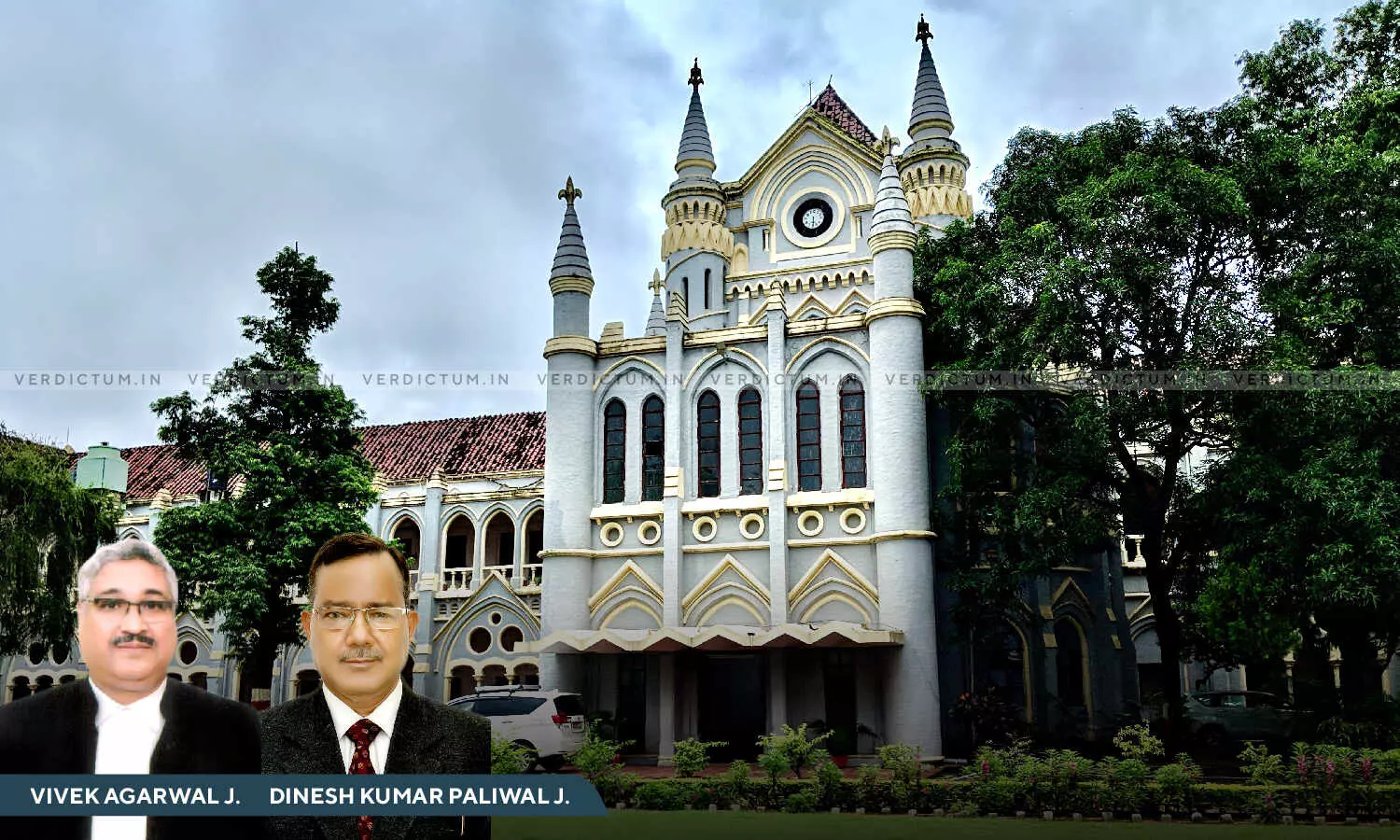
Right Of Public To Assemble Peaceably & Without Arms Cannot Be Curbed On Mere Apprehension Of Being Politically Motivated: MP HC
 |
|Finding that there is no material on record that any of the sentiments of the tribal population are going to be disturbed by preaching of the seventh Respondent, the Madhya Pradesh High Court held that freedom of speech and expression of the seventh Respondent, or right of the public of the Gram Sabha or the district of Balaghat or neighboring districts to assemble peaceably and without arms cannot be curbed merely based on certain apprehensions of there being a political motive in the hands of the private sixth Respondent.
The High Court, therefore, refused to entertain the PIL while observing that a mere assertion that organizing a public function is politically motivated, cannot form a backdrop of PIL.
While acknowledging the importance of minimum interference of respective sovereign functionaries and letting them free-play so that egalitarian social order can be achieved, the Division Bench of Justice Vivek Agrawal and Justice Dinesh Kumar Paliwal refused to disturb the social fabric and observed that, “we refuse to show any indulgence in the matter specially when petitioner has failed to show any violation of the statuary provisions contained in the PESA Act, 1996 or of Schedule 5 of the Constitution or as to the provisions contained in Article 19 of the Constitution”.
Advocate Prahlad Choudhary appeared for the Petitioner and Additional Advocate General Janhvi Pandit appeared for the Respondents.
Going by the background of the case, it is the case of the Petitioner that the Respondents are organizing a Kathavachan, a public function in which preaching of seventh Respondent (Hindu saint) shall be given which may disturb the religious harmony of the tribal population. Reliance was placed on a newspaper report in which it was contended that the organization of such function is politically motivated to propagate Hinduism. Contending violation of Section 4 (d) of the Panchayats (Extension to the Scheduled Areas) Act, 1996 (PESA Act) under which permission from Gram Sabha is necessary to organize such public gathering, the Petitioner prayed to stop such gathering.
After perusing the submission, the High Court found from a combined reading or a separate reading of provisions contained in Section 4(d) and 4(f) of the PESA Act that there is no provision for taking permission from the Gram Panchayat to organize any religious or public function.
With respect to the order under Section 144 of CrPC by the District Magistrate, the Division Bench observed that it was passed in the preventive nature and, “does not provide any lever in the hands of the petitioner to twist it in such a manner to make this Court hold that provisions contained in Article 19 dealing with religious and personal freedom can be controlled through exercise of said lever”.
While pointing out that the Petitioner is not able to establish how such preaching shall be in conflict with his interest or the tribal population, the Bench observed that, “It is not pointed out that for respondent No.7, preaching is a profession or occupation then how that it is in conflict with the interest of the petitioner specially the tribal population of district, Balaghat”.
Hence, the Bench refused to interfere with such sovereign functions as the Petitioner failed to show any violation of his or others' interest and thus, dismissed the petition.
Cause Title: Madhya Pradesh Adiwasi Vikash Parishad through its President Dinesh Kumar Dhurwey v. The State of Madhya Pradesh through Chief Secretary and Ors.
Click here to read/download the Order